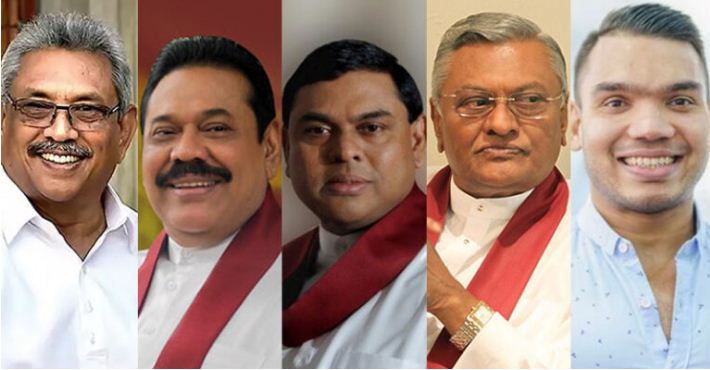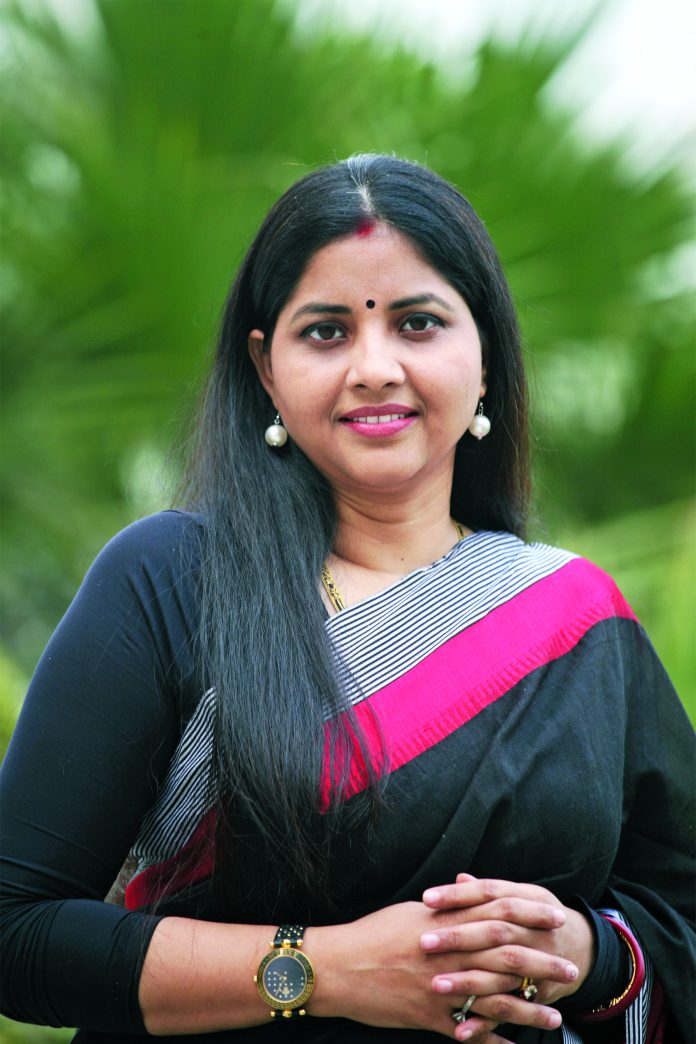Family ties have always been strong in India, are still very strong in Sri Lanka, it seems, and now family ties have won the day in Pakistan again. Imran Khan’s ouster has brought back into the picture some actors who have traditional and familial links to national politics.
New Prime Minister Sehbaz Sharif is the younger brother of former Prime Minister (ousted) Nawaz Sharif, while Bilawal Bhutto Zardari, chairman of the Pakistan Peoples Party, is the son of former Prime Minister Benazir Bhutto (assassinated) and of former President of Pakistan Asif Ali Zardari. Such cosy selections have happened before in Pakistan, but it pales in comparison with the Sri Lankan ruling family.


That island nation has an extraordinary representation. The Rajapaksha family appropriated power in Sri Lanka quite like the early dictatorships of Latin America.
In 2020, the country’s President Gotabaya Rajapaksa named two more of his relatives to the new cabinet, further consolidating his family’s grip on power. The defence ministry was with the president, while his elder brother, Mahinda Rajapaksa, the Prime Minister, had finance, urban development and Buddhist affairs ministries.
Then there was Chamal Rajapaksa, the eldest brother, who had irrigation, while Mahinda’s son Namal Rajapaksa became the youth and sports minister.


Sri Lanka looked more like a monarchy than a democracy, and with the economy of that country in tatters, the people want the entire family out.
For a long time, India was no better, with the Nehru-Gandhi family ruling Congress and the country. Within the Congress, party members, young and old, still cannot see beyond that family – mother Sonia Gandhi, the forever interim president of the Congress, daughter Priyanka Gandhi, the Uttar Pradesh in-charge, and son Rahul Gandhi, a prince sans designation or accountability.
That ruling hierarchy has ended in India. Imran had ended such family rule in Pakistan, but with his ouster, family ties have struck back with vengeance.
The strange idea is these three democracies seem to be this: old wine in a new bottle should taste different. There is no logic attached to such ideas, but it is even accepted by the public. Nepotism, especially in business and in politics, seems to have found general acceptance over the years. Some say it works, while some say family is the last protective cover for insecure politicians.
As far as Pakistan goes, a lot will go back to how things were before Imran came to power. Nawaz Sharif is expected to come back to Pakistan, ending his exile, and with the Army not acting too effervescent this time, we will all settle down to old times, again. In the long run, to what end this change was effected will remain unclear.
Of course, one needs to give the new entrants a chance. Bilawal has been called a simpleton – Indians have been introduced to such political immaturity before – and how such a person can handle complex political and social problems is anybody’s guess. If anything, Pakistan has survived on sheer guile to ward off international pressure. It has run with the hare and hunted with the hounds, but the current international scenario, especially with Chinese intransigence, could be very different.
We wait to see how these families handle closeted affairs.













